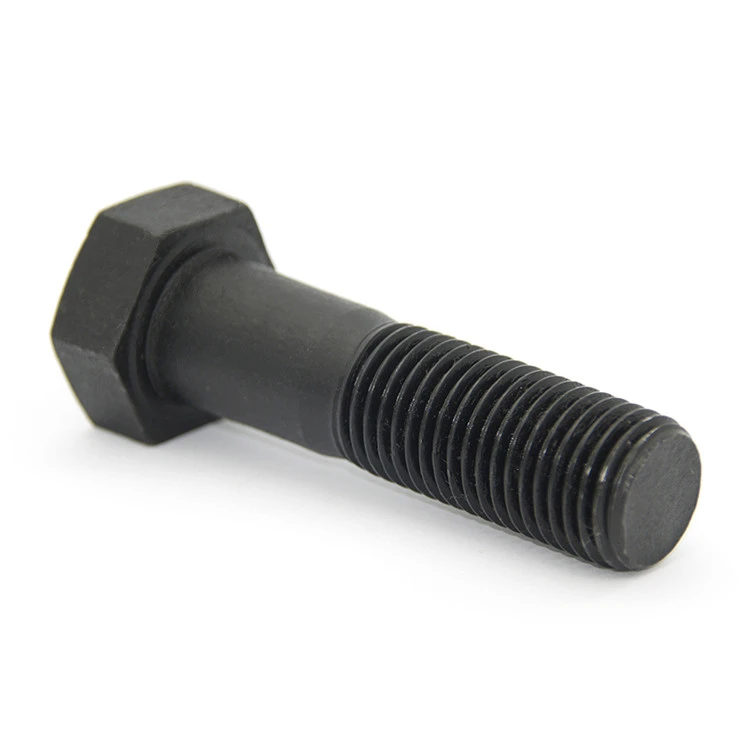Best Practices for Torqueing Bolts in Industrial Manufacturing Environments
des . 05, 2024 09:12 Back to list
Best Practices for Torqueing Bolts in Industrial Manufacturing Environments
The Importance of Proper Bolt Torquing in Factories
In the industrial sector, the importance of precise bolt torquing cannot be overstated. Bolts are essential components in machinery and structural assemblies, acting as critical fasteners that hold parts together. In factories where machinery is constantly in operation, the integrity of these fasteners is vital for safety, efficiency, and longevity. Proper torquing of bolts is not just a matter of following a guideline; it is a pivotal practice that can determine the overall functionality and safety of industrial operations.
The Importance of Proper Bolt Torquing in Factories
In factories, where machines are subjected to constant vibrations and dynamic loads, the consequences of improper bolt torquing can be severe. If bolts become loose due to insufficient torque, it can result in catastrophic machinery failure, leading to unexpected downtime, costly repairs, and even safety hazards for workers. Conversely, using excessive torque may create additional stress on components, leading to premature failure. Therefore, manufacturers must ensure that all personnel involved in assembly and maintenance understand the importance of torque specifications.
torquing bolts factories

To achieve accurate torquing, factories employ various tools and techniques. Torque wrenches are the most common tools, ranging from manual to electronic options. Digital torque wrenches offer enhanced precision, providing real-time feedback and reducing human error. Many manufacturers also adopt standard operating procedures (SOPs) that detail the correct torque settings for different applications, helping to streamline the process and ensure consistency across all operations.
Moreover, it is crucial to conduct regular inspections and maintenance checks of bolted joints. As machinery ages, bolts can loosen over time due to wear and tear, temperature fluctuations, and other environmental factors. Establishing a routine inspection schedule can help identify problematic areas before they lead to significant issues. In addition, implementing preventive measures such as using thread lockers or spring washers can enhance the longevity of bolted joints and further reduce the risk of failure.
Training plays an essential role in ensuring that factory workers understand the importance of proper bolt torquing. Comprehensive training programs should be established to educate employees about torque principles, the operation of torquing tools, and the consequences of neglecting proper procedures. When workers are well-informed and equipped with the right skills, the likelihood of errors decreases significantly.
In conclusion, proper bolt torquing is a fundamental aspect of factory operations that contributes to efficiency, safety, and the longevity of machinery. Given the potential risks associated with inadequate fastening, it is imperative for manufacturing facilities to enforce strict torque guidelines, utilize appropriate tools, conduct regular inspections, and provide training for personnel. By prioritizing proper bolt torquing practices, factories can enhance their operational reliability and ensure a safe working environment for all employees.
Latest news
-
Reliable Axle Nuts Supplier | Quality & Precision Fasteners
NewsAug.23,2025
-
Durable Bolts for Lawn Mower Handle - Top Supplier & Manufacturer
NewsAug.22,2025
-
High-Quality Bolts for Lawn Mower Handle Supplier & Manufacturer
NewsAug.21,2025
-
Reliable Axle Nuts Supplier | High-Quality Automotive Parts
NewsAug.19,2025
-
Premium Wire Bolts Suppliers | Durable & Reliable Fasteners
NewsAug.18,2025
-
Leading Metric Wood Screw Companies & Manufacturers
NewsAug.17,2025
